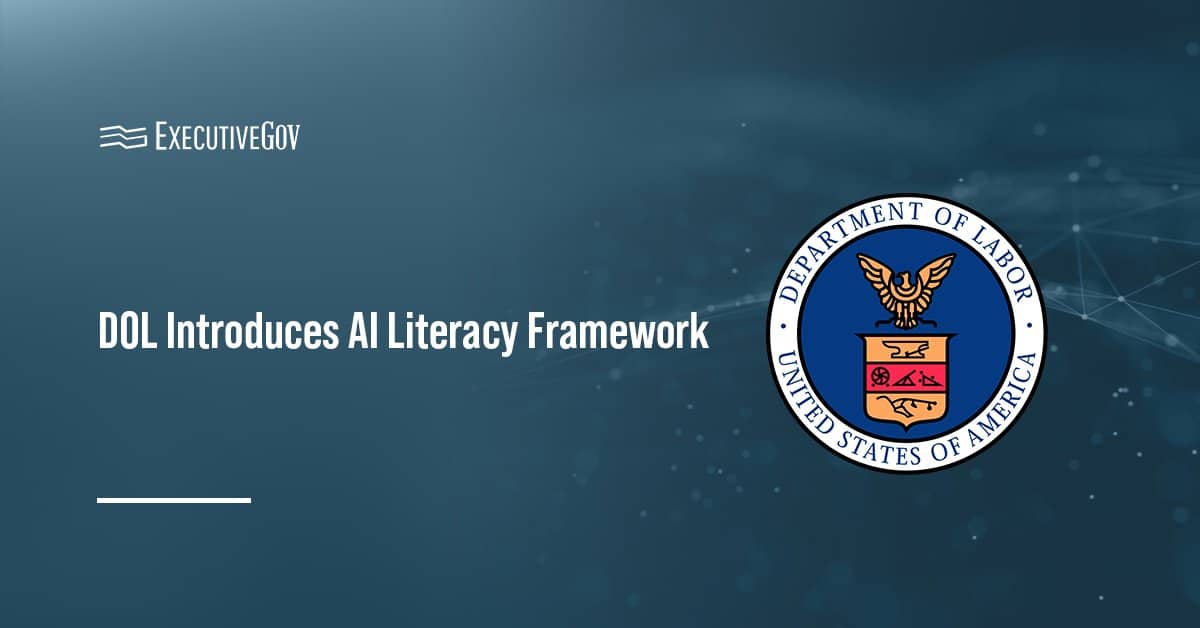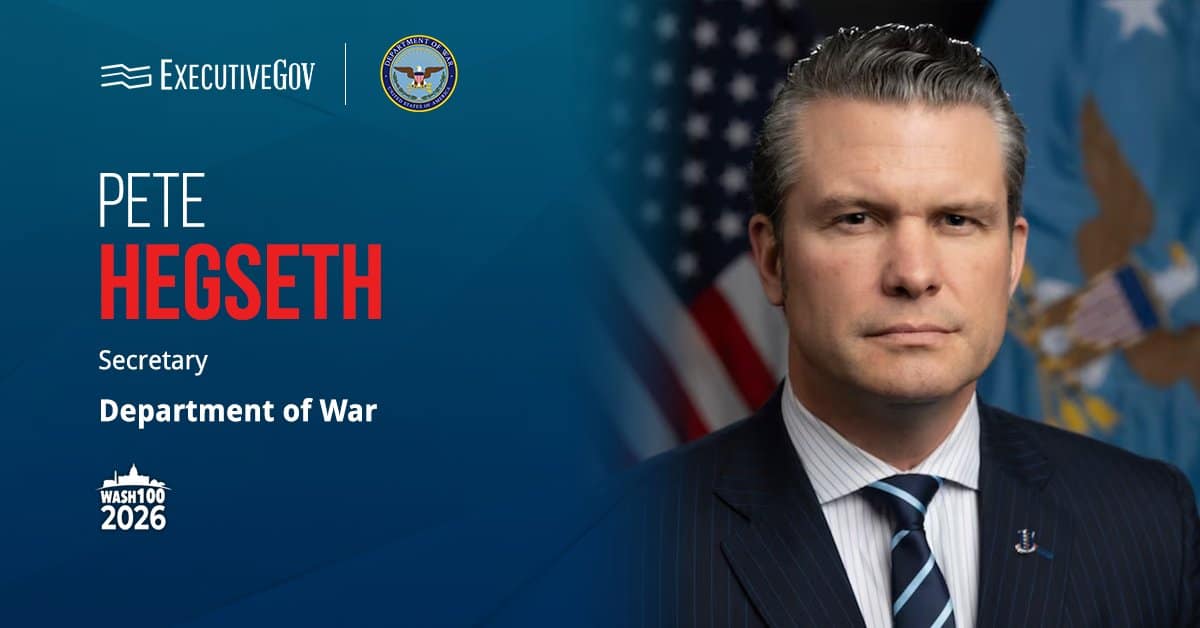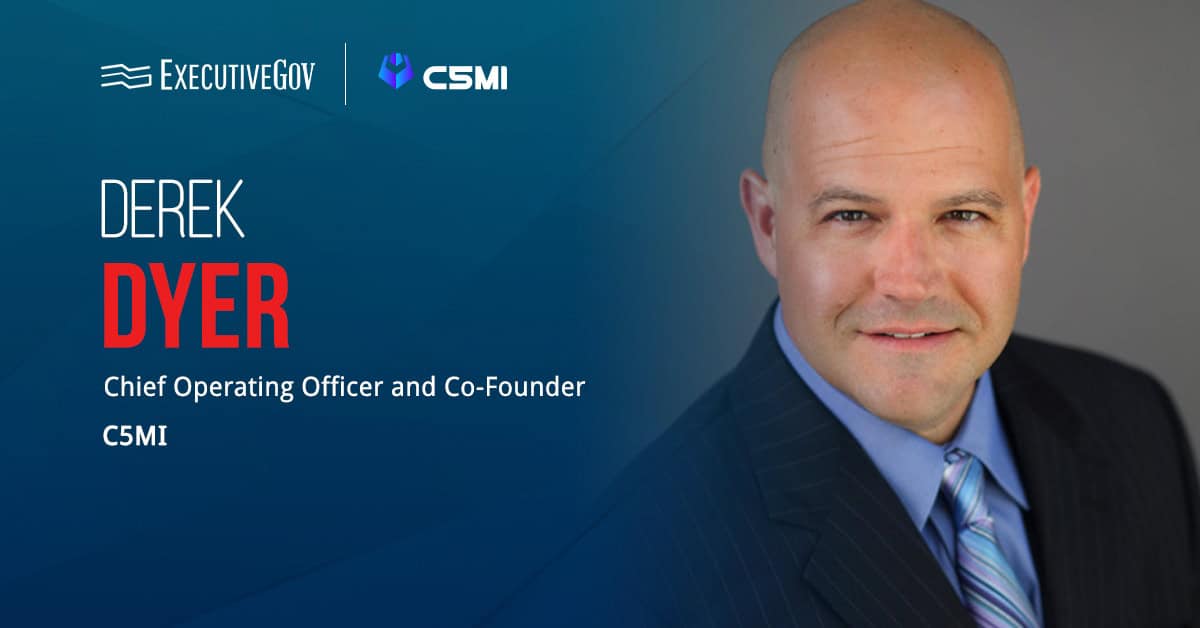The National Institute of Standards and Technology and the Intelligence Advanced Research Projects Activity are collaborating on a competition to prevent malicious actors from manipulating data used to train artificial intelligence systems.
Participants in the TrojAI program will conduct research and develop technologies designed to detect Trojan malware attacks in completed AI systems, NIST said Tuesday.
The detection systems must be able to identify and track Trojans hidden in language models and other types of AI systems for the competition.
NIST will evaluate the Trojan detectors after each round and share the results with IARPA to help understand and detect malicious attacks against AI in the future.
The competition is open to anyone capable of building a Trojan detector for AI.





